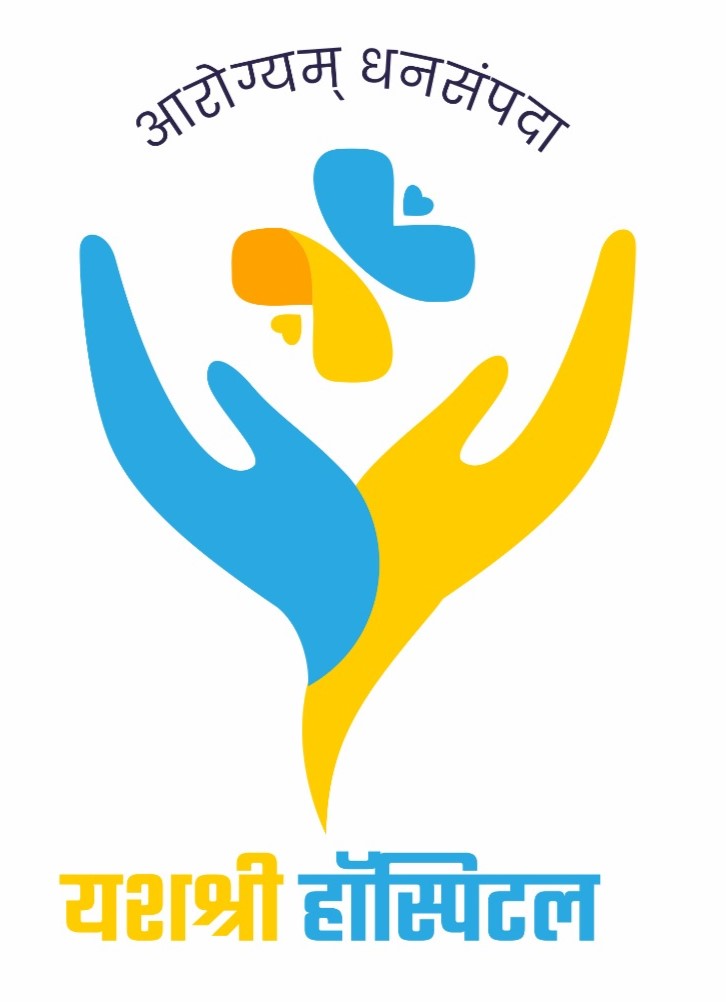A genetic disorder arises from abnormal cell division, leading to an extra copy of chromosome 21. This condition is marked by delays in physical and developmental growth, intellectual disabilities, and distinctive facial features.
A better understanding of the condition and early intervention can significantly improve children’s quality of life.
Physical Characteristics
- Facial Features: Individuals often have distinct facial characteristics such as almond-shaped eyes, a flattened facial profile, and a smaller-than-average head size.
- Muscle Tone: Hypotonia (low muscle tone) is common, affecting motor skills and coordination.
- Growth: Short stature and slower growth compared to peers without Down syndrome.
Developmental Delays
- Cognitive Development: Intellectual disabilities ranging from mild to moderate are typical, affecting learning, reasoning, and problem-solving abilities.
- Speech and Language: Delayed speech and language development, requiring speech therapy and intervention.
- Motor Skills: Challenges in fine motor skills (e.g., using utensils) and gross motor skills (e.g., walking).
Health Issues Associated with Down Syndrome
- Congenital Heart Defects: Approximately 50% of babies born with Down syndrome have heart defects that may require surgical intervention.
- Gastrointestinal Problems: Higher risk of gastrointestinal issues such as gastroesophageal reflux disease (GERD) and constipation.
- Vision and Hearing Impairments: Increased likelihood of vision problems (e.g., cataracts) and hearing loss.
- Thyroid Disorders: Higher incidence of thyroid conditions, requiring monitoring and treatment.
Social and Emotional Development
Individuals with Down syndrome experience challenges in social interactions and forming relationships. Higher prevalence of anxiety disorders and behavioral issues, requiring support and intervention.
Educational and Therapeutic Support
- Early Intervention: Access to early childhood programs and therapies (e.g., occupational therapy, physical therapy) to support development.
- Individualized Education Plans (IEPs): Tailored educational plans to address specific learning needs and promote academic progress.
- Family Support: Resources and support networks for families, including counseling and advocacy services.
Down syndrome is a genetic condition that affects individuals in diverse ways, impacting physical, cognitive, and emotional development. Understanding the characteristics, health considerations, and supportive strategies is crucial for promoting the well-being and potential of individuals with Down syndrome. Through early intervention, education, and inclusive practices, individuals with Down syndrome can lead fulfilling lives and contribute positively to their communities.


